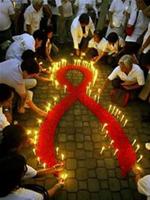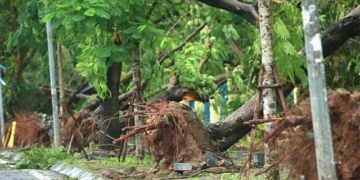“Counterfeit HIV treatment drugs (ARVs) have appeared in Hong Kong, and since 2000, fake medications have been reported in countries across the Sahel region, China, Singapore, and several Southeast Asian nations. Currently, 10-35% of HIV treatment medications do not meet quality standards or are sold illegally… Ensuring the quality of HIV/AIDS medications is no longer just a matter for individual countries but requires consensus and attention from nations worldwide.”
 |
(Image: TTO) |
This statement was made by Dr. David Kuhi, Senior Technical Advisor for Pharmaceutical Management – the Rational Pharmaceutical Management Program (USAID) of the United States Agency for International Development, during the “Conference on Prevention, Monitoring, and Surveillance of Drug Resistance in HIV Treatment in Asia,” held on March 30, 2006, in Hanoi.
Due to the complex physical, chemical, and pharmacological nature of HIV antiviral drugs, the costs and prices of these medications have risen significantly, making them unaffordable for many individuals, especially those living with HIV/AIDS.
According to calculations from health organizations: an HIV-infected individual requires approximately $350 annually for a single ARV regimen; for a two-drug regimen, the cost exceeds $1,200. However, clinical experts suggest that an HIV-infected person must concurrently use three different drugs to achieve effectiveness, pushing the annual cost to over $2,000.
HIV-infected individuals must use these medications for life, leading to many patients—and even governments in numerous countries—being unable to afford the necessary treatments to meet patient needs. Additionally, many countries have “exceeded limits” in drug production due to demand, but the international testing system is too “narrow”… which has encouraged non-compliance with regulations.
This is the reason why the market for HIV treatment drugs remains “heated,” prompting pharmaceutical companies and traders to introduce substandard medications, unverified products, and even counterfeit drugs into the market… resulting in an increasing trend of drug resistance among HIV/AIDS patients in many nations.
From early 2006 to 2007, Vietnam launched a research program titled “Prevention, Monitoring, and Surveillance of Drug Resistance in HIV Treatment in Asia,” implemented by the Central Institute of Hygiene and Epidemiology, Pasteur Institute in Ho Chi Minh City, Pasteur Institute in Nha Trang, and the Central Highlands Institute of Hygiene and Epidemiology in various regions.


















































